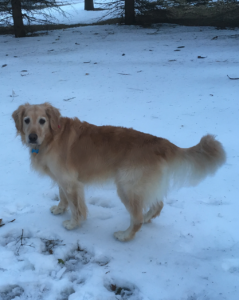Research Can Be Entertaining
![]() Every writer learns quickly how perilously deep the research rabbit hole can be. Perhaps it was better when we had to go to a library, or at least to a bookshelf, instead of being able to summon virtually any fact (often dozens of contradictory versions of it!) with a few keystrokes. Nowadays you can easily lose track of whether you’re writing or researching. Not that research is bad, just that it’s got a way of turning into procrastination.
Every writer learns quickly how perilously deep the research rabbit hole can be. Perhaps it was better when we had to go to a library, or at least to a bookshelf, instead of being able to summon virtually any fact (often dozens of contradictory versions of it!) with a few keystrokes. Nowadays you can easily lose track of whether you’re writing or researching. Not that research is bad, just that it’s got a way of turning into procrastination.
We do our share of web research, for sure. But we supplement it with other forms of information. Since we’ve been working on the Ghost Series, our movie selections have skewed much more to supernatural horror. This way we can have movie night and count it as a work session — it’s research!
Books are great, too. We have one from 1908 that we got at a flea market, which deals with spiritualism. We bought it mainly for the gorgeous purple cover, but it turns out to be filled with words. Jen’s already read it, and now it’s Kent’s turn. We’re also about halfway through a mammoth anthology of “classic” ghost stories, mostly from the 19th century.
Of course, cinematic portrayals must always be considered suspect. It’s risky to use movies (or novels) as sources of historical fact. What they can provide, besides inspiration, is a view of the day-to-day norms from another time period. Incidental descriptions of the streets, clothing, and customs are reliable precisely because they were meant to be a backdrop. Contemporary audiences would simply perceive the context of “the normal world” and focus on the story.
A writing partner is someone who’ll bring the popcorn to “research night.”


